Apart from a clever opening with magician Jamy Ian Swiss performing card tricks at Hollywood’s Magic Castle, Robert Kenner’s new documentary Merchants of Doubt is a pretty straightforward affair. It’s the usual talking heads, tarted-up with animated graphics and archival footage (some of the latter used ironically). However, many of the talking heads are interesting — and not always admirable — and the production is undeniably handsome and slick, making the film an easy watch. It’s even easy to watch when the information is overly familiar or infuriating (the latter being intentional since this is an activist documentary).
The film is based on a book by Naomi Oreskes (who appears in the film) and Erik M. Conway (who does not appear) and is about the strange — and morally dubious — cottage industry that makes its practitioners available to corporate interests as “experts.” This is the rationale — and a solid one — behind the magic-act opening. It’s all about the art of deception. The difference, argues Swiss, is that his profession is honest in that the magician admits he’s fooling you, while these people are deceiving you and attempting to make you believe what they’re selling is true.
According to the film, this all started with the cigarette industry, who realized they had a problem on the horizon long before the surgeon general’s report on the dangers of smoking. With this in mind, they hired people to draw up a defense strategy for something that was indefensible. The basic approach — since they can’t actually refute the charges against them — is to have “experts” (often sketchy and self-proclaimed) sow doubt about the veracity of the science being used to confront the corporation. If that doesn’t work, the approach moves to discrediting the scientists. The combined effort can then be used to not only make the public question the evidence, but, used properly, to also convince them that their freedom is being attacked.
The film then follows this trail as these same experts and newer models are employed over the years to do the same basic thing over and over again — leading to the film’s central issue, which is (unsurprisingly) climate change denial. While the film does a good job of discrediting the so-called skeptics, I have to admit two things — I’m in agreement with the film, and Merchants of Doubt is an agenda-driven work. It’s not going too far to say that it’s a propaganda film denouncing propagandists. Typically — and you can see this more in online comments than in reviews — it is the kind of film that will only be seen by people who are already in agreement with it, making its actual effectiveness open to question.
However, so much of the film’s indictment of these “merchants of doubt” comes out of the merchants’ own mouths that it’s startling. Many of them make no bones about this being a political issue, not a scientific one. One of them — Marc Morano — even basks in his duplicity and enthuses about his delight in launching personal attacks against his opponents. It’s one thing when your opponents are such obvious snake-oil salesmen, but it becomes something far more unsettling when the tone becomes openly mean-spirited and happy about it. Rated PG-13 for brief strong language.



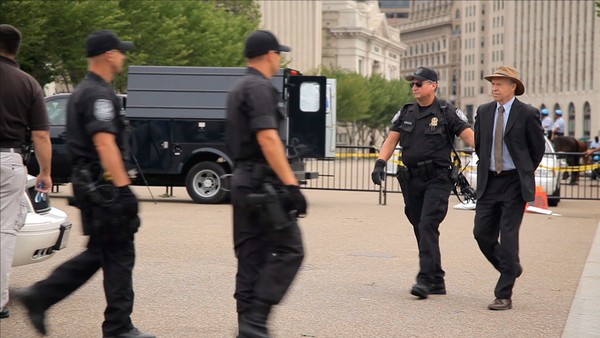
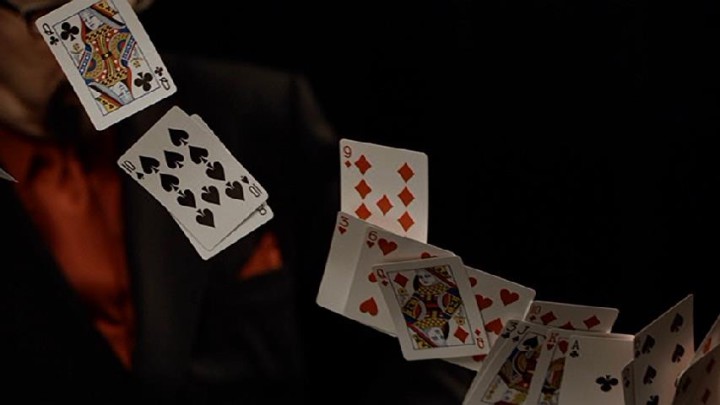

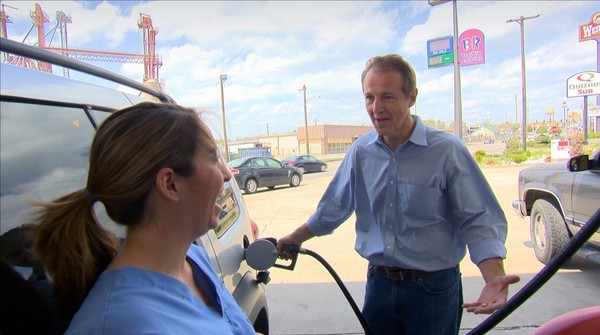
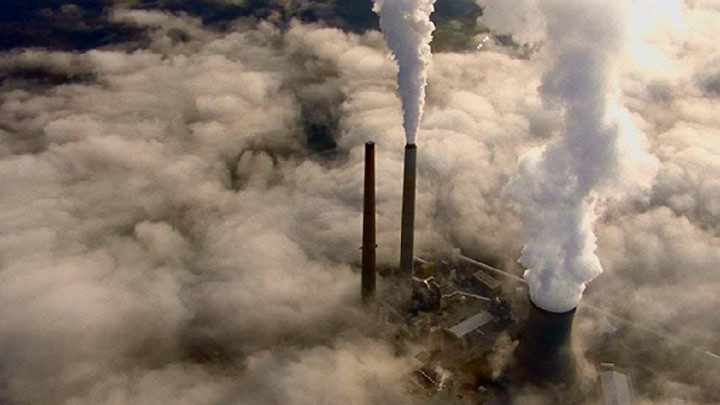
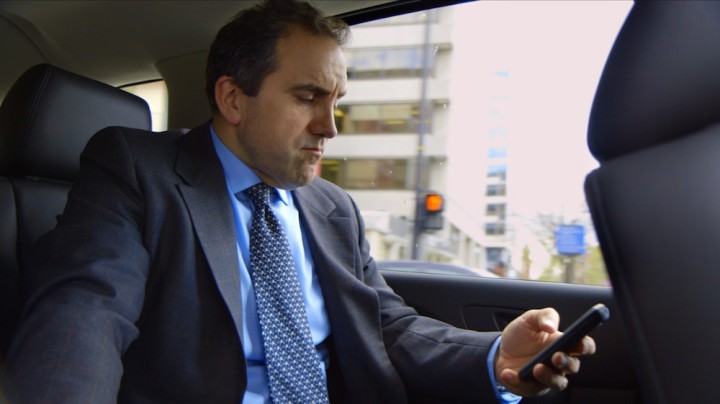
Leaves this week.